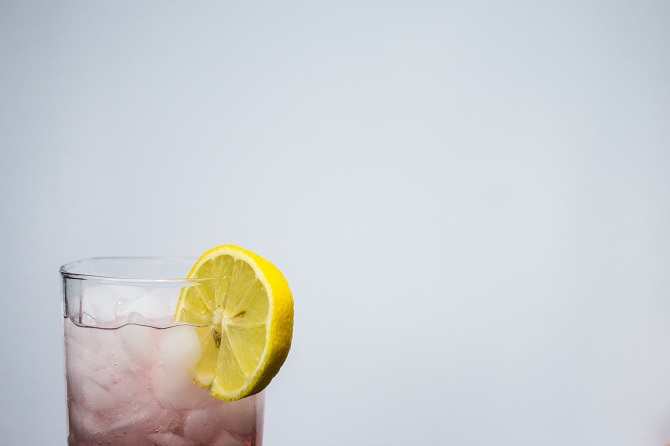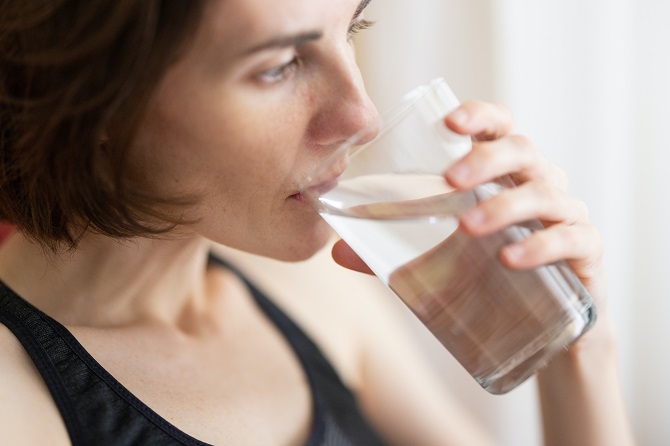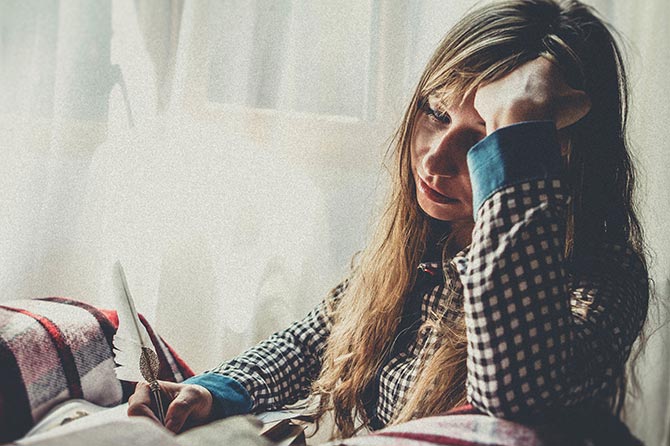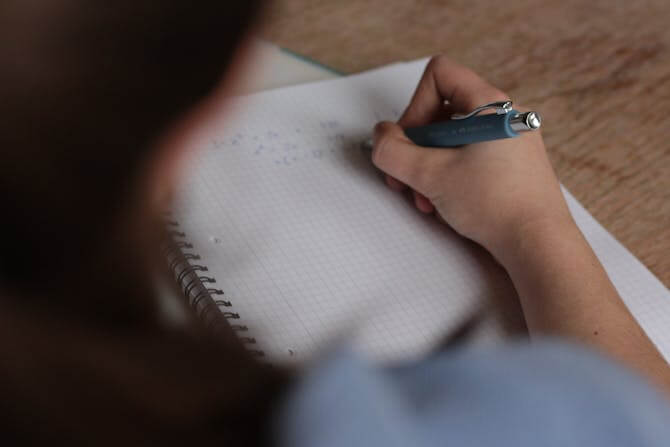
Drinking Water Before Bed: What You Need To Know
You need water. Heck, you are water. Literally. You, right now, reading this? Water. 70% if we're working on averages.
But there's much debate surrounding the merits of drinking water before bed, so we thought we'd wade in.
It shouldn't come as a surprise that staying hydrated with H2O is vital to your health and wellbeing. It removes waste. It lubricates joints. It regulates your body temperature. In fact, drinking water carries wide-ranging benefits, including:
- Purging toxins from your blood.
- Boosting your metabolism. (By up to 25%)
- Preventing constipation
- Improving cognition
- Increasing energy levels. (By helping process nutrients)
Ideally, you should aim to drink between 2.5 - 4.5 litres of water per day, whether it's imbibed still, sparkling or even tea and coffee. (Yes, the research says it's so.)
But with so many benefits of drinking water, we thought it worth examining in relation to the other most important factor of your health: sleep.
There's a lot of misinformation about the relationship between water and sleep online. Like, a lot. So, we figured we'd lay the facts out bare, and let you decide.

Should You Drink Water Before Bed?
You can, but whether you should is hotly debated amongst doctors, sleep experts and scientists.
Truthfully, individual mileage tends to vary, and factors including age, weight, and pre-existing health conditions play a large role in whether you should drink water before bed. Even then, it tends to be a double-edged sword.
For example, drinking a small amount of water before bed can keep you hydrated overnight, but too much and you'll disrupt your sleep cycle with trips to the bathroom.
There's much to unpack. So, let's explore further, shall we?

Drinking Water Before Bed: The Positive
As noted, drinking water before you snooze isn't an exact science, so it's impossible to offer concrete observation for how it will affect you, the individual.
But there are several notable benefits to taking a drink (not that kind) before bed, from lessening the frequency and severity of common nightmares to keeping you cool on balmy summer evenings.
1. Hydration
As ideas go 'water is hydrating' is on par with 'water is wet' but stay with us, we're building to something.
While your body is naturally equipped to manage your hydration levels at night, night-time dehydration can still occur - especially at hotter times of the year.
You become dehydrated when you lose more than 2% of your body water content. Yep, that little. And your body notices, even when snoozing. Common symptoms of dehydration include:
- Dry mouth
- Increased body temperature
- Muscle cramps
Unsurprisingly, each of these can disrupt your dozing, leading to increased periods of wakefulness, which, in turn, leads to fatigue the following day.
That said, we'd be remiss if we didn't mention that many experts advocate for staying consistently hydrated during the day, rather than 'topping up' at night, as while your body naturally regulates urine production at night, it has it's limits.
As noted, your mileage may vary. So, if your body is telling you that it's thirsty, it's wise to pay attention.
Conclusion: it's a matter of balance. Find what works for you. Some people suggest a glass of water no later than one hour before bed; other propose small sips as needed.
2. Detoxification.
Water serves as your body's natural detoxification measure. Sound like pseudo-science? Not so.
Aside from its many (many) amazing functions, water serves as a natural cleanser for your body, detoxing your body and promoting digestion
How, you ask? Well, it pertains to circulation. And sweating.
Water (especially warm water) increases the circulation of blood in your body, which boosts the amount you sweat. In turn, this speeds up the rate at which your body removes excess salts and toxins and cleans skin cells.
As such, staying hydrated overnight can support your body's natural detoxification efforts.
3. Headache Alleviation
Everyone's had that headache. You know the type: temples pounding like the hooves of a hundred horses, eyes aching as if you're standing over a bonfire.
It's bad enough during the day, but at night...? It's downright disheartening as you toss, turn and try desperately to sleep through the discomfort.
Fortunately, drinking water can alleviate the symptoms of severe headaches, in fact, a 2020 study found that drinking water has a positive impact on the severity of headaches and migraines.
As such, many sleep experts recommend increasing your overall water intake as a means of preventing (or treating) headaches.
FYI: As mentioned, everyone's body functions differently, and if you're experiencing frequent, severe headaches, you should consult your GP to rule out any underlying causes.
Drinking Water Before Bed: The Negative
Essentially, there's only one major negative to drinking water at bedtime, but it's pretty significant and worthy of further investigation.
Nocturia
In layperson's terms, nocturia refers to waking up repeatedly during the night to urinate - typically more than twice.
Basically, consistently drinking large amount of water before bed can increase your likelihood of developing nocturia, which is, at best, irritating, and at worst, damaging to your health and well-being.
As you can imagine, frequent trips to the bathroom can be massively disruptive to your sleep cycle, potentially leading to other health issues such as depression and chronic exhaustion.
Common symptoms of nocturia include:
- Repeatedly waking up to urinate
- Fatigue
- Urinating more (as in, literally peeing more each visit)
If you're diagnosed with (or suspect you may have) nocturia, it's important to restrict the volume of fluids you take on at bedtime, as well as limiting 'watery' foods such as fruit.
You might also try taking an afternoon nap, but this should be controlled and timed to avoid disrupting your existing sleep schedule.
The risk of developing nocturia increases with age, with people over 60 being at the highest risk, so while you may be eager to enjoy the benefits of drinking water before bed, it's vital to consider your circumstances and make an informed decision.

The benefits of drinking water are indisputable (it's a well-being non-negotiable), but the jury is out on whether drinking water at bedtime is better or worse for your health.
You see, while drinking a small-to-moderate amount of water before bed carries bonafide well-being benefits, it's important to understand your body's needs and strike the right balance.
If you're keen to learn more about how the quality (and quantity) of sleep you get affects you, check out our sleep blog. And sign up for our email newsletter to make sure you never miss a post.








Leave a Reply